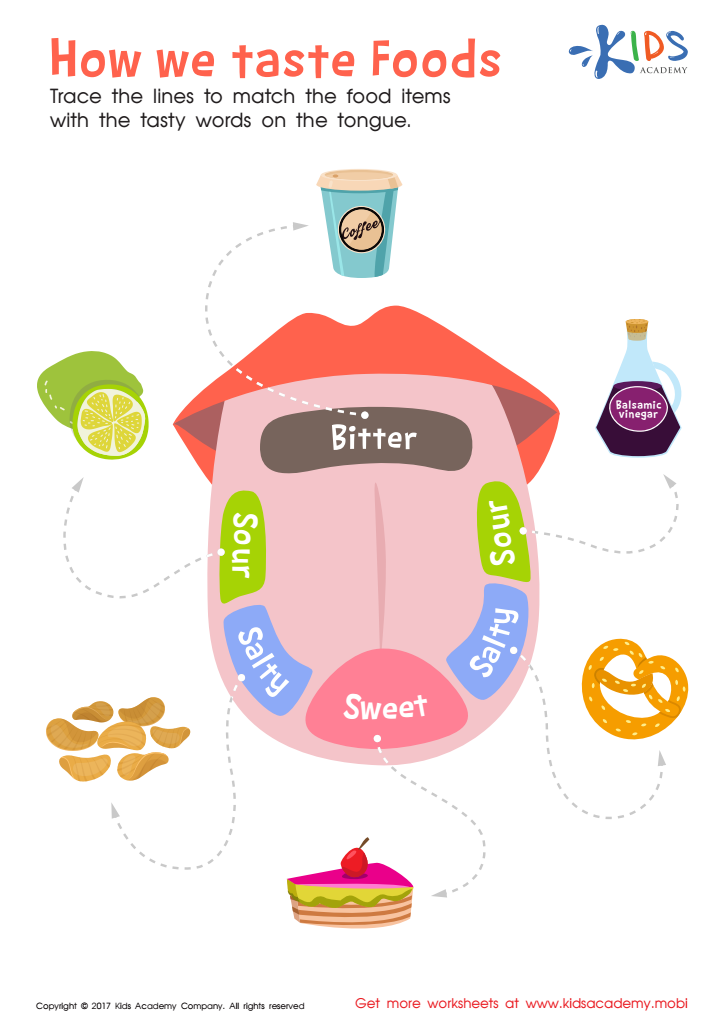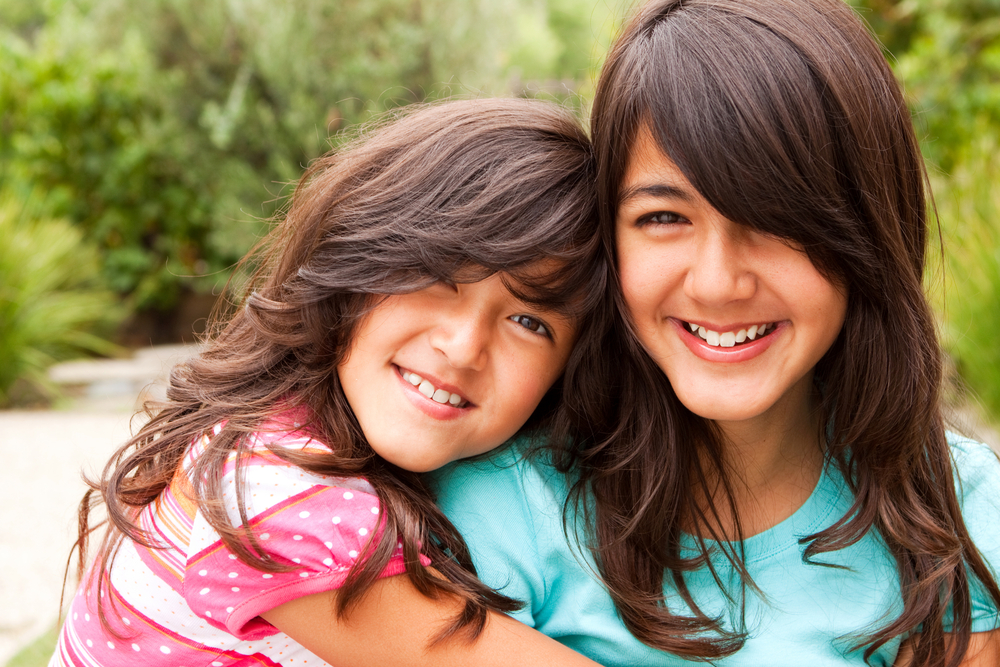Developing scientific knowledge Worksheets for Kids
1 filtered results
-
From - To


How We Taste Foods Worksheet
Question/Answer
How to train the Developing scientific knowledge skill in Kindergarten students learning about The 5 Senses?
To train the "Developing scientific knowledge" skill in Kindergarten students learning about the 5 senses, engage them in hands-on experiments that involve observing, comparing, and recording their experiences using their senses. Activities like taste tests, scent jars, sound walks, texture hunts, and visual puzzles will encourage exploration and curiosity, fostering foundational science skills through interactive and sensory-rich experiences.
What are some effective activities to train students’ Developing scientific knowledge skill when teaching them about The 5 Senses?
Effective activities for training students' Developing Scientific Knowledge skill regarding the 5 Senses include conducting simple experiments like blindfolded taste tests, sound source identification games, scent matching challenges, texture sorting tasks using mystery bags, and visual observation exercises like color hunts or optical illusions. These interactive, hands-on activities engage students and deepen their understanding of sensory information processing.
How to test a Kindergarten student’s Developing scientific knowledge skills?
To test a Kindergarten student's developing scientific knowledge skills, use hands-on, interactive experiments and activities that encourage observation, prediction, and simple data collection. Ask open-ended questions to assess their ability to make observations, draw conclusions, and explain what they see or expect to happen. This approach helps evaluate their understanding of basic scientific concepts in an age-appropriate and engaging manner.
 Assign to the classroom
Assign to the classroom





.jpg)






